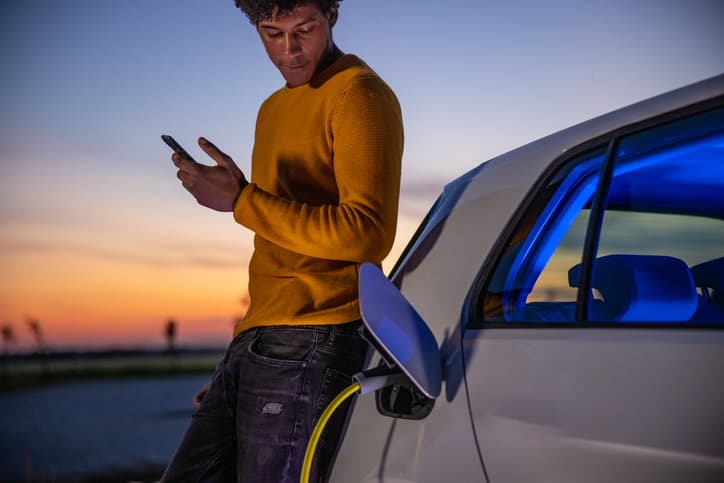
SimonSkafar/E+/Getty images
What Factors Affect Electric Vehicle Charging Speed?
Written by Caitlin Ritchie
Edited by Jamie Cesanek
Last updated 12/02/2022
Why trust SaveOnEnergy?
Learn MoreAt SaveOnEnergy, we work to offer accurate information with editorial integrity.Our partners do not direct our editorial content, though we may reference their products in our posts. Read more about how we make money.